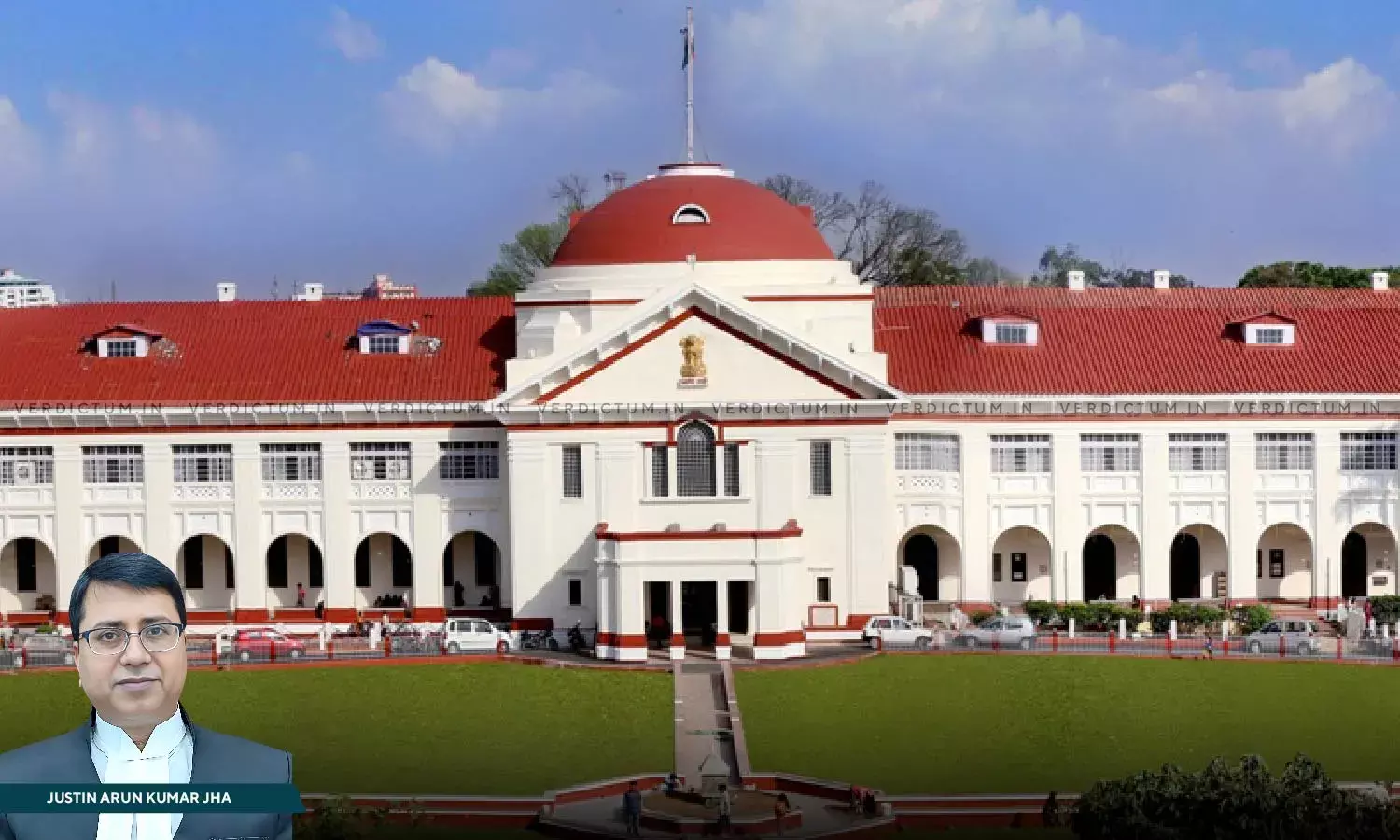Certified Copy Of Registered Sale Deed Can Be Produced As Secondary Evidence: Patna HC
The Patna High Court ruled that a certified copy of a registered sale deed can be produced as secondary evidence.
The Court, however, cautioned that it would only prove the contents of the original document and not be a proof of execution of the original document.
The Court was hearing a petition under Article 227 of the Constitution of India for quashing the Order passed by the Trial Court where the prayer made by the plaintiff to accept and mark as an exhibit a certified copy of the sale deed was allowed.
A Single Bench of Justice Arun Kumar Jha held, "it could be safely concluded that the certified copy of a registered sale deed would fall under the category of public document under Section 74 (2) of the Evidence Act…It is amply clear that the certified copy of sale deed can be produced in proof of the contents of the public document or part of public document of which it purports to be a copy. It can be produced as secondary evidence of the public document without laying any foundation."
Adv. Bhupendra Narain Sinha appeared for the Petitioners and Adv. Dayashankar Prasad Sinha for Respondents.
Brief Facts-
In the present case, in the year 1984, the plaintiffs/respondents executed a mortgage deed in favour of Defendants/Petitioners. However, when money was paid, the defendant refused to re-convey the land. It was argued on their behalf that it was a sale deed that was executed in their favour. During the pendency of the suit, an application was filed by the plaintiffs/Respondents to admit the certified copy of the sale deed treating the said document as a public document. The Trial Court allowed the application.This order was challenged before the High Court.
The Court observed, “Merely marking a document exhibit does not mean it has become an admissible piece of evidence. An objection to its admissibility does not get excluded when the document is marked as exhibit.”
The Court perused Sections 74 & 76 of the Indian Evidence Act and held that the certified copy is secondary evidence of public record of the sale deed kept in the office of the Registrar. As per the Court, after invoking Section 57(5) of the Registration Act, 1908, the said copy becomes admissible for the purpose of proving the contents of the original document itself.
The Court, while explaining placed its reliance upon the Apex Court's decision in the case of Appaiya Vs. Andimuthu @ Thangapandi & Ors., [Civil Appeal No. 14630 of 2015], where it was held, "certified copy issued thereunder is not a copy of the original document, but is a copy of the registration entry which is itself a copy of the original and is a public document under Section 74(2) of the Evidence Act and Sub-section (5) thereof, makes it admissible in evidence for proving the contents of its original.”
Accordingly, the Court held that the impugned order of the Trial Court does not suffer from any infirmity and, hence, affirmed it.
Cause Title: Ram Briksha Singh & Ors. v. Ramashray Singh
Appearance:
Appellant: Adv. Bhupendra Narain Sinha, Adv. Shailendra Kumar and Adv. Saket Kumar
Respondent: Adv. Daya Shankar Prasad Sinha, Adv. Anand Saran, Adv. Shyameshwar Dayal and Adv. Gaurav Kumar Sinha




